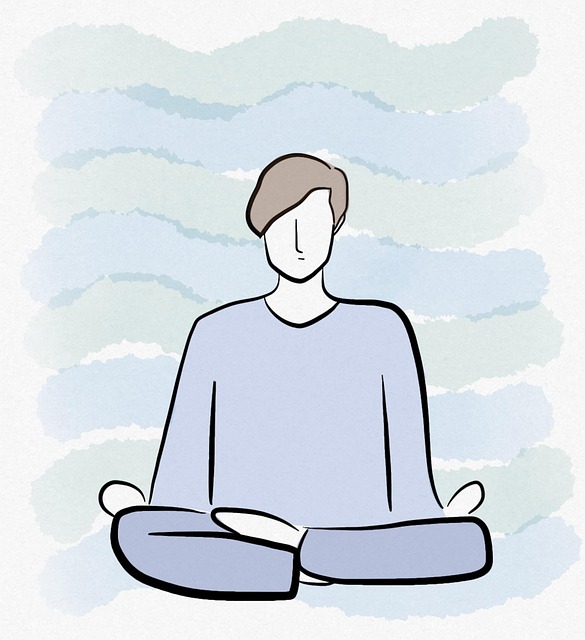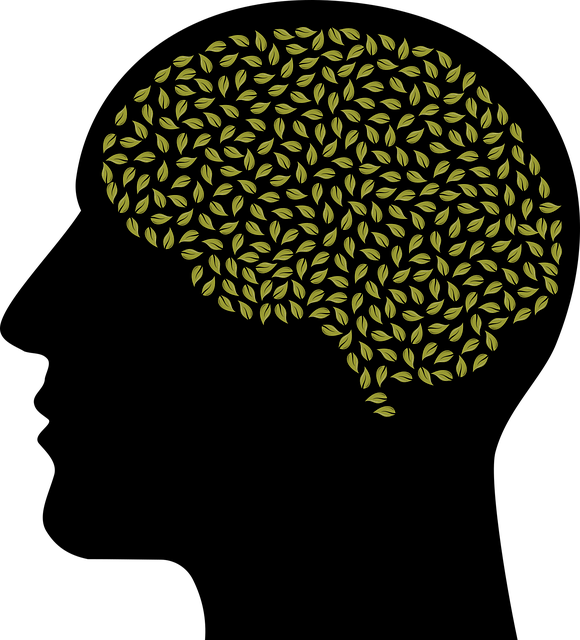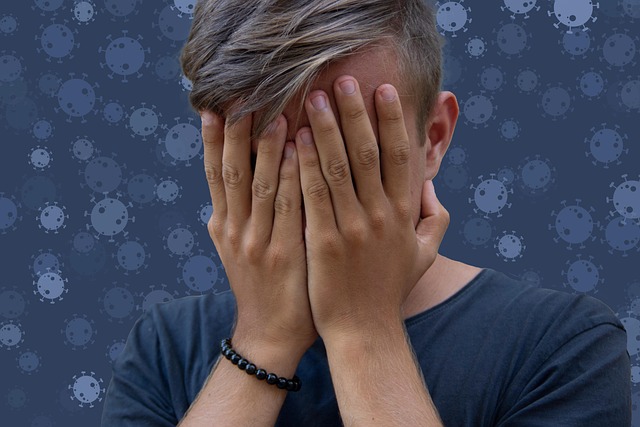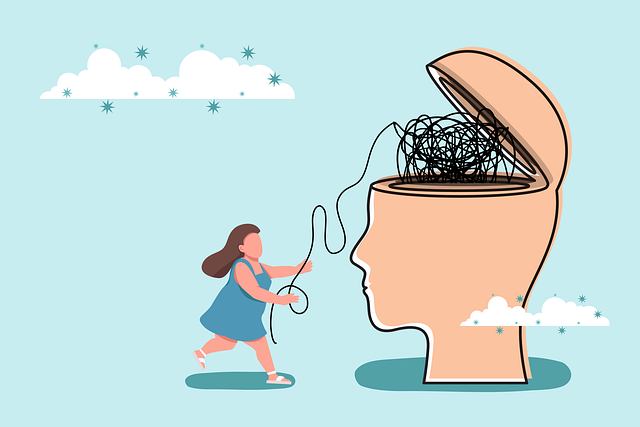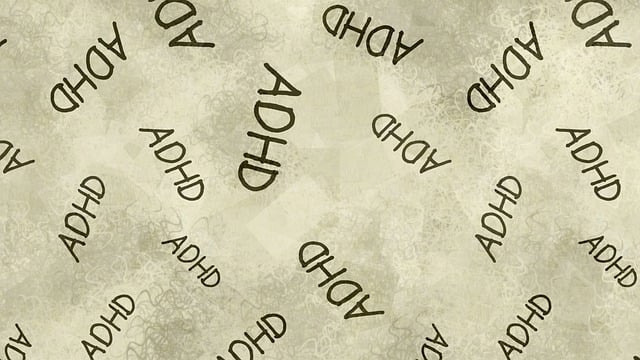Lone Tree Bariatric Evaluations Therapy offers powerful self-assessment tools for mental wellness, enabling individuals to take charge of their emotional well-being. These evaluations utilize reflective journaling and evidence-based methods to identify strengths and barriers, leading to personalized treatment plans. Cultural competency training ensures diverse populations receive tailored support, while self-care routines promote long-term success. The outcome is a structured yet individualized therapy approach that significantly improves overall mental health, especially post-bariatric surgery.
Mental wellness self-assessment tools play a pivotal role in personal growth and therapeutic interventions. This article explores the development of such tools, focusing on their application in Lone Tree Bariatric Evaluations Therapy. We delve into understanding mental wellness assessments and how they can be tailored for specialized therapy, emphasizing the importance of integrating results for personalized treatment plans. By examining these processes, we aim to enhance the accessibility and effectiveness of mental health support, particularly within the context of bariatric evaluations.
- Understanding Mental Wellness Self-Assessment Tools
- Developing Effective Tools for Lone Tree Bariatric Evaluations Therapy
- Integrating and Implementing Assessment Results for Personalized Therapy
Understanding Mental Wellness Self-Assessment Tools

Mental wellness self-assessment tools play a pivotal role in empowering individuals to take charge of their mental health and seek appropriate support. These tools, such as Lone Tree Bariatric Evaluations, offer a structured yet personalized approach to understanding one’s emotional well-being. By completing these assessments, users gain valuable insights into potential areas of concern, enabling them to make informed decisions about their mental wellness journey.
The development of effective self-assessment tools involves a multi-faceted process. It includes integrating various psychological assessments and incorporating techniques like Mental Wellness Journaling Exercise Guidance to encourage reflective thinking. Moreover, the implementation of a Community Outreach Program can enhance accessibility, ensuring that diverse populations have equal opportunities to participate in mental wellness evaluations. Similarly, Healthcare Provider Cultural Competency Training is essential to ensure professionals are equipped to address the unique needs of different cultural backgrounds during these assessments.
Developing Effective Tools for Lone Tree Bariatric Evaluations Therapy

Developing effective self-assessment tools is paramount in Lone Tree Bariatric Evaluations Therapy to foster accurate diagnoses and tailored treatment plans. These tools play a pivotal role in empowering individuals to take charge of their mental wellness journeys, especially those navigating complex health issues like bariatric surgery. By incorporating evidence-based methodologies, the assessments can identify underlying psychological barriers and strengths, enabling healthcare providers to offer more personalized interventions.
One crucial aspect is integrating cultural competency training for healthcare providers into these tools, ensuring they are sensitive to diverse populations’ unique needs and perspectives. Additionally, promoting self-care routine development for better mental health and fostering inner strength through such assessments can significantly contribute to long-term success in Lone Tree Bariatric Evaluations Therapy.
Integrating and Implementing Assessment Results for Personalized Therapy

Upon completing a self-assessment, such as Lone Tree Bariatric Evaluations Therapy, individuals gain valuable insights into their mental wellness landscape. This data is instrumental in tailoring therapy sessions to specific needs. For instance, results might highlight areas of emotional regulation difficulty or social skills deficiencies, prompting targeted interventions.
Mental health professionals can use these findings to create personalized treatment plans. Incorporating Social Skills Training and implementing Risk Management Planning becomes more effective when aligned with the unique profile revealed by the self-assessment. This individualized approach enhances therapy’s efficiency, fostering a more profound and lasting impact on overall emotional well-being.
Mental wellness self-assessment tools play a pivotal role in personalized therapy, such as Lone Tree Bariatric Evaluations Therapy. By understanding individual needs and tracking progress effectively, these tools enable therapists to integrate assessment results into tailored treatment plans. This comprehensive approach ensures that each client receives the most appropriate care, fostering better mental health outcomes.
